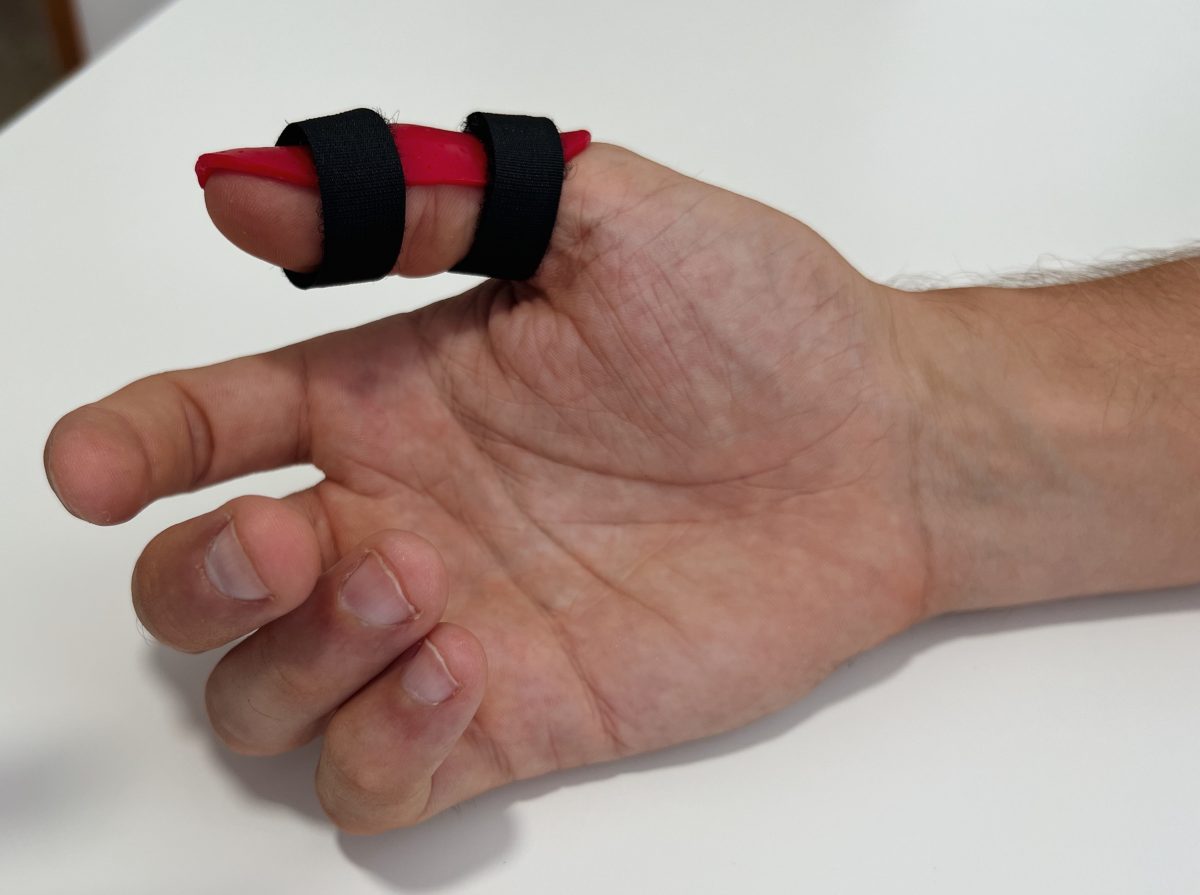
Amy Evans is our Accredited Hand Therapist
Book with Amy HERE
Amy has a passion for providing quality, evidence-based hand therapy and upper limb rehabilitation services. She aims to provide honest, up-to-date treatment and education to empower clients along their recovery journey. Her style of care focuses on each client as an individual and involves clear communication (without the medical jargon) to help map out a rehabilitation pathway.
She has a special interest and focus on the conservative management of conditions (without surgery) when able, and assisting clients to better understand and manage their upper limb conditions.
Outside of work, you will usually find Amy at the beach with her husband and dog (Veda), pottering in the garden or continuing to renovate her home!
Amy has had extensive experience in a variety of caseloads in the public and private sector between Australia and the United Kingdom. She has previously worked in the private sector providing specialised hand therapy and rehabilitation services in South East Queensland. In this role, Amy worked closely with a number of highly regarded surgeons to achieve optimal outcomes for a wide variety of clients with hand and upper limb injuries or trauma. She has a strong focus on achieving the best possible outcomes for her clients, in a friendly and caring environment
What is Hand Therapy?
Accredited Hand Therapists (as awarded by the Australian Hand Therapy Association) are experts in assessing, diagnosing and treating conditions and injuries of the upper limb. This includes fingers, thumbs, wrists and elbows!
Hand Therapists can assess and treat many conditions, including:
- Fractures
- Dislocations / sprains
- Scars
- Arthritis
- Oedema
- Chronic pain
- Peripheral nerve conditions (such as carpal tunnel syndrome, cubital tunnel syndrome and radial tunnel syndrome)
- Tendinopathies / tendonitis (such as De Quervains, trigger finger/thumb, tennis and golfer’s elbow)
- Post-operative management (following joint replacement, ORIFs etc)
- Sporting injuries
- Workplace injuries
- Neurological conditions (such as upper limb symptoms following stroke or brain injury)
- Burns

